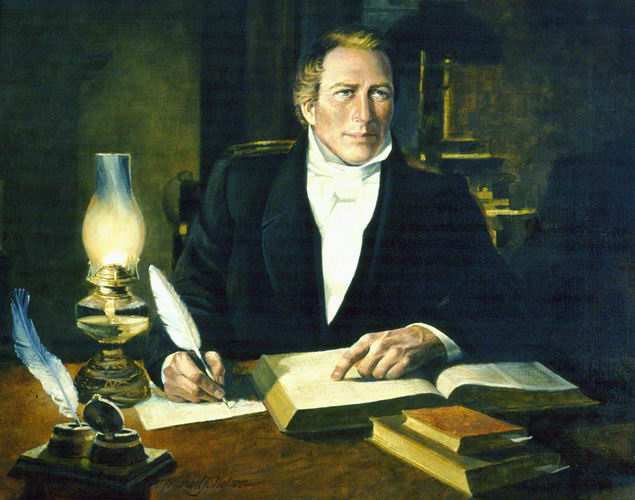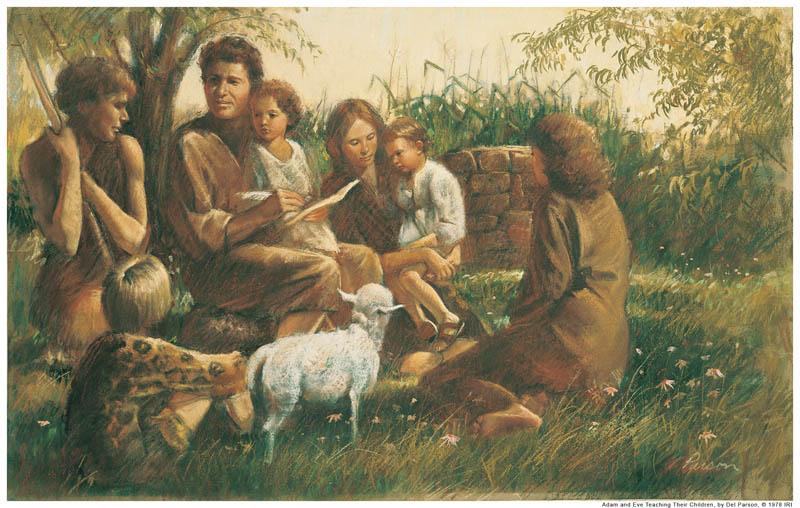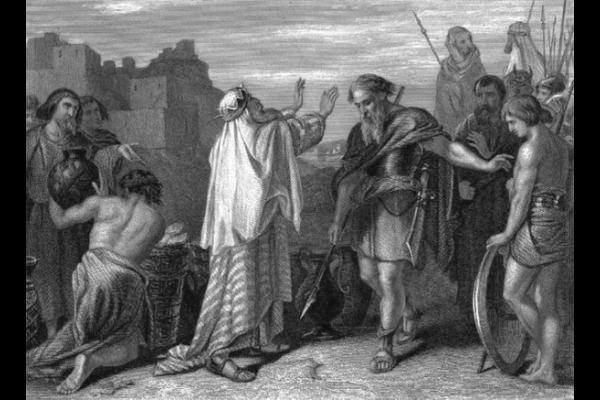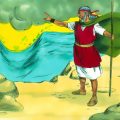Question
Dear Gramps,
In studying Section 12 of “The Life and Teachings of Jesus & His Apostles” I readily see that Joseph Smith’s Inspired Version of Revelation 12: 1, 7, and others he provided in the book do not add or take away (Rev. 22: 18, 19), but provide comprehensible interpretations, easily clarifying that which can be murky.
I can debate that Deuteronomy 4: 2 and 12: 32 do not comprise the entire Bible, just as Revelation isn’t the complete books of the Bible. The anti-Mormons, in defending John’s statements in Rev: 22: 18, 19, are quick to say Joseph Smith changed the wording, thereby coming under the condemnation mentioned by John. How do you rebut this common accusation?
Greg
Answer
Dear Greg,
So many people in their myopic view of the scriptures “strain at a gnat, and swallow a camel.” You might ask them which of the many versions of the Bible they think is the one that exactly matches the original Greek text that John wrote while on the Isle of Patmos? Joseph Smith didn’t change anything that John wrote. He corrected errors that other people introduced into John’s writing in the many translations and copies have been made over the centuries.
What your detractors should do if they want to champion John’s phrase from Revelation
If any man shall add unto these things, God shall add unto him the plagues that are written in this book: And if any man shall take away from the words of the book of this prophecy, God shall take away his part out of the book of life, and out of the holy city, and from the things which are written in this book
would be to condemn all those who have written versions that differ from the rendition made by the Prophet Joseph Smith. The changes made by the Prophet were actually dictated to him by the God of Heaven, and he wrote them as they were given to him by the Spirit, so that the text written by Joseph Smith is of necessity the closest translation to the original that exits, because it has given to him by God. In all of his translation work of the Holy Scriptures he dictated to a scribe what the Lord put into his mind. When working on extensive texts, such as his translation of the Bible and of the Book of Mormon, when he would resume the work after having left it for a period of time he would pick up where he left off, without being reminded of where he had stopped. In fact, his wife, Emma, who acted as a scribe for much of his work bore testimony that she continued to be amazed at the process through which revelations came. Years after the Prophets death she said: “I am satisfied that no man could have dictated the writing of the manuscripts unless he was inspired; for, when acting as his scribe, Joseph would dictate to me hour after hour; and when returning after meals, or after interruptions, he could at once begin where he had left off, without either seeing the manuscript or having any portion of it read to him” Ensign, May 1998, p.31.
Gramps







